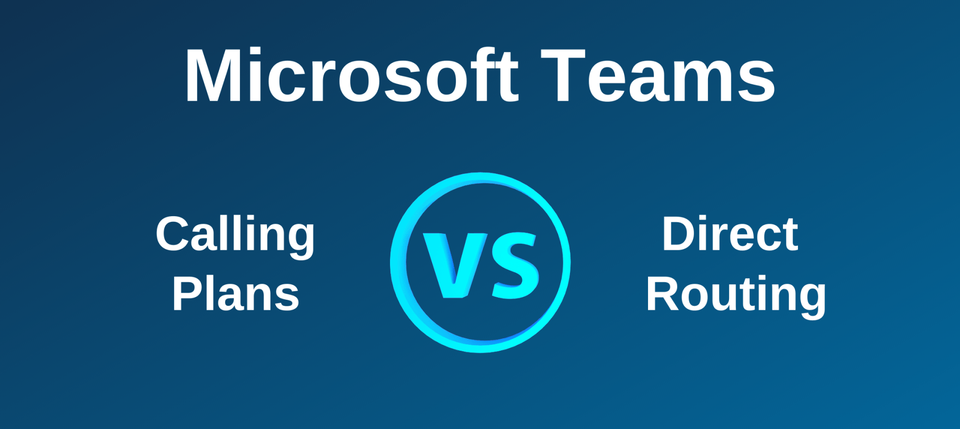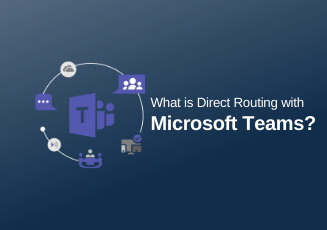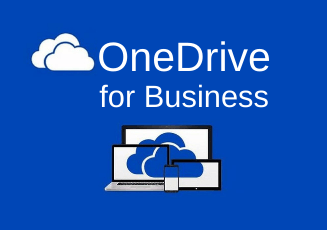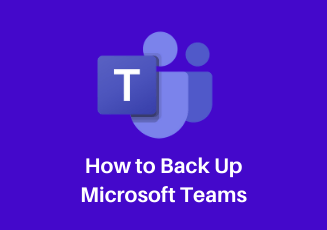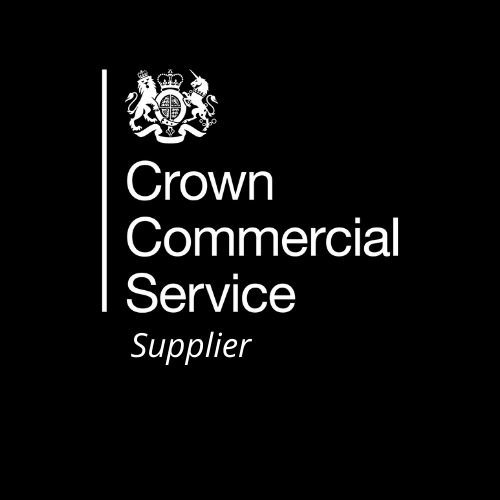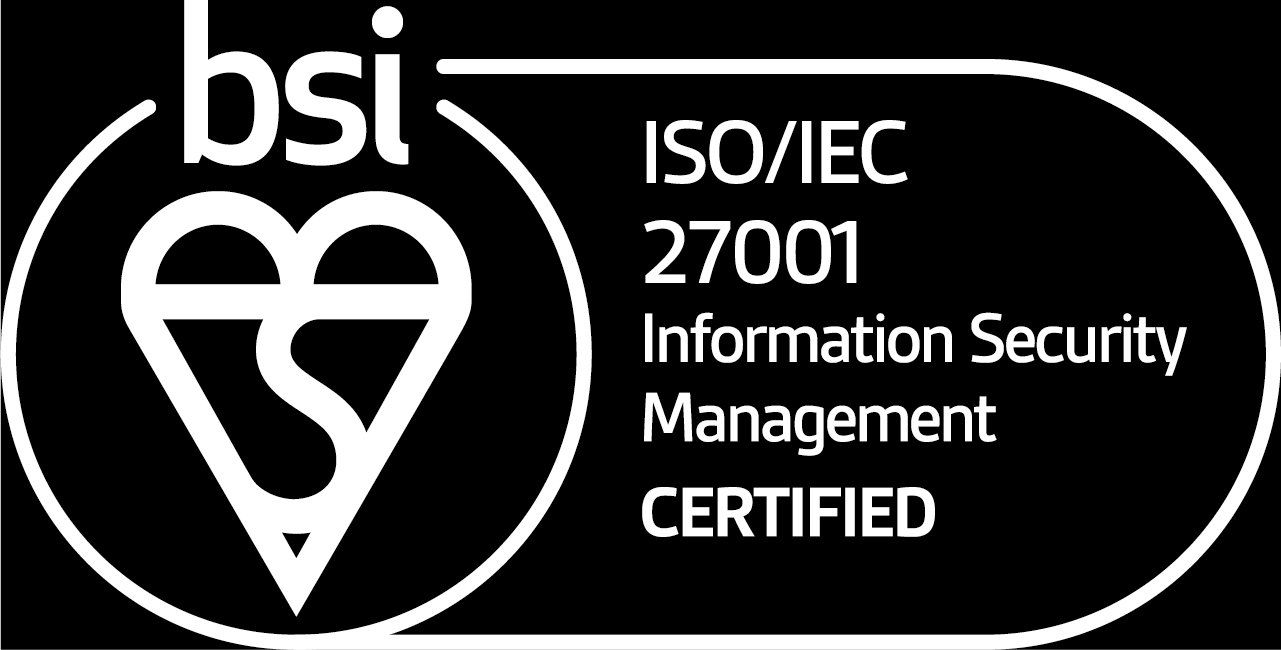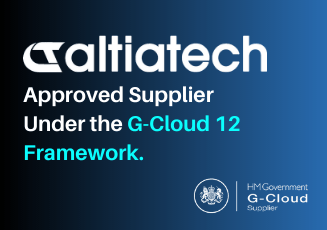
0330 332 5842
innovate@altiatech.com
Microsoft Teams - Calling Plans VS Direct Routing
Communication has never been more important for an organisation, which is why Microsoft Teams, a feature-packed collaboration and communications platform, has been an essential fixture for large and small businesses.
However, Microsoft Teams is maturing as a complete communication solution by integrating business telephone systems that include voice and PBX capabilities. Yet, there is some confusion when incorporating this element into an organisation. This is because there are two Microsoft Phone System routes: Microsoft Calling Plans OR Direct Routing.
So which option is best for your organisation? This article aims to provide the answer.
What are Microsoft Calling Plans?
Microsoft provides calling plans on a per-user licence. They bundle up a number of minutes, phone numbers, and public switched telephone network (PSTN) services for users. Microsoft offers these plans directly via Office 365, and depending on your requirements, you can select either a Domestic or International Calling Plan.
Each Microsoft Calling Plan is supplied on a per-user basis each month. The plans include:
- A phone number to receive inbound calls.
- A collection of minutes for outbound calls.
- PSTN services.
Advantages
A simple solution: If you want to get up and running with a cloud-based telephony solution, Microsoft Calling Plans make sense. There's no need to search for third-party PSTN carriers or providers.
Delivered by Microsoft: As Calling Plans come with Office 365 and its operated by Microsoft, you can expect to receive top-notch features and security.
Disadvantages
Limited countries: At present, Calling Plans are only available in 16 countries. If you're not on the country list, you can't use the service.
Expensive: Monthly domestic plans start at £12 per user per month (although reduced to £9 at the time of this article being published).
Not for complex requirements: Due to it being a self-service solution, limited support is available if you have any complex requirements like a call centre or compliant recording.
What is Direct Routing?
With Direct Routing, you take Microsoft's Phone System and connect it to the public telephone network. This can be achieved by using an Enterprise Voice partner, who can work with you to optimise your business voice requirements (e.g. contact centre, call routing or call recording, etc.). An Enterprise Voice partner will also advise on licenses and the different components required to implement your configuration, such as Session Border Controllers (SBCs) for inbound and outbound calling. Alternatively, you can choose to host the service on a hybrid platform, which allows you to integrate your existing phone system with Microsoft Teams. This enables companies to maximise the value of their current PBX investment while still enjoying the benefits of Teams.
Advantages
Flexibility: Along with being able to select your own telephone provider, you can build bundles and request tailored solutions. This type of flexibility makes it ideal for those with complex systems.
Affordable: Direct Routing is a more cost-effective option than Microsoft's Calling Plans because it enables organisations to chose their telephony provider, allowing you the freedom to gain additional value from their service, that includes a variety of call bundle options and service reliability.
Quicker Phone Number Porting: When you work with an Enterprise Voice partner, they take care of the number porting process (known to be difficult with Microsoft Calling Plans). You'll receive a stress-free experience for your number porting and provisioning process, making the transition to Direct Routing simple, quick and easy.
Gain PBX features: As Direct Routing integrates Teams into your PBX, you can still experience the benefits of a traditional voice network. These include call transfer, voicemail, speed dial, holding, routing, call queues and auto-attendants.
Global availability: Unlike Microsoft's restrictive Calling Plans, Direct Routing offers global coverage to most international countries.
Managed Support: Using an Enterprise Voice partner takes away the hassle of managing your telephony. Managed support can take care of user set-up, management, suspension, configuring of auto-attendant rules and assist with end-user devices (e.g. desk IP phones and BYOD management). SLA driven managed support from an Enterprise Voice partner can also help free up resources from your current IT department, who may be under-resourced or unfamiliar with Enterprise Voice technologies.
Disadvantages
Custom Built Solution:
When compared to Calling Plan deployments, Direct Routing could be viewed as the more complex path to take. However, due to the different functions organisations deliver, Direct Routing offers the flexibility and global coverage businesses need to support their staff and customers. Plus, with the right provider to guide you through the process, you can enjoy a custom built solution that enables you to mix and match your chosen applications.
The Verdict
As the advantages and disadvantages have highlighted, Direct Routing can offer your business greater flexibility, support and is more cost-effective than Calling Plans. As more and more businesses utilise Microsoft Teams for internal collaboration, the next logical step is to integrate external voice calls for a seamless business telephony system.
Altiatech is a Microsoft Gold Partner that specialises in Enterprise Voice Solutions. We offer reliable, managed services to help further simplify your internal and external communications, enabling your workforce to become more engaged, efficient and productive.
Getting started couldn't be easier. Contact Altiatech today and arrange a free consultation with our Enterprise Voice team!


